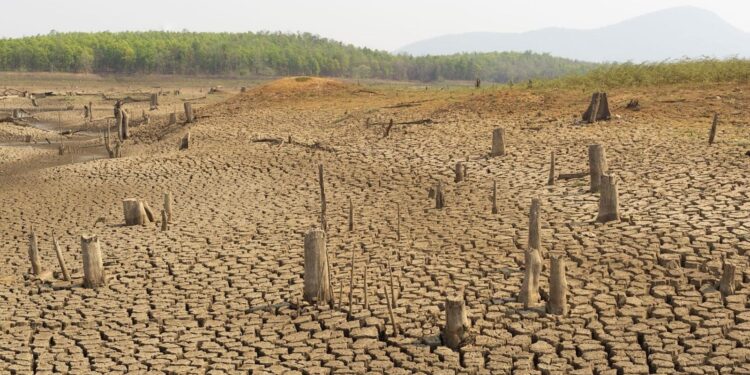The region is experiencing the devastating effects of the climate crisis, including extreme temperatures, floods, crop failures, and prolonged droughts. These events are the result of human influence on the climate.
In many cases, governments have shown limited capacity to prevent or mitigate the effects of these disasters, despite warnings from the World Meteorological Organization. Prevention strategies should be a priority in this context.
In addition to environmental impacts, the climate crisis also entails severe economic losses and the massive displacement of entire communities. According to a report by the United Nations Office for Disaster Risk Reduction, between 2015 and 2020, 22.7 million people were affected by natural disasters in Latin America and the Caribbean, with economic losses estimated at US$86.1 million.
Overexploitation of natural resources, a lack of environmental laws, and climate change combine to affect the lives and economies of vast areas, as evidenced by the desertification of the Paraná River basin. This situation has led to a decrease in the river’s flow, which has affected biodiversity, fishing and river transport.
The water crisis also affects Uruguay, where persistent drought has led the government to take unprecedented measures, such as supplying water with sodium levels higher than those recommended by the World Health Organization. The overexploitation of natural resources and the privatization of water services have been identified as factors contributing to this crisis.
The list of challenges associated with natural disasters in the region is long and includes environmental degradation, poverty, food insecurity, water crises, and massive displacement. These problems will be exacerbated in the future, with forecasts of desertification, prolonged periods of heat and drought, torrential rains and floods, intensification of phenomena such as El Niño and La Niña, and rising sea levels.
It is clear that climate change has not only environmental impacts but also social, economic, and political consequences. Responsibility lies with both developed countries and the countries of Latin America and the Caribbean. Although the latter contribute less to greenhouse gas emissions, they are disproportionately affected by climate disasters.
A change is needed in socioeconomic models based on the exploitation of natural resources and overexploitation. In addition, collective action is required to address the challenges of climate change and protect people’s fundamental rights, such as access to clean water and environmental protection.










